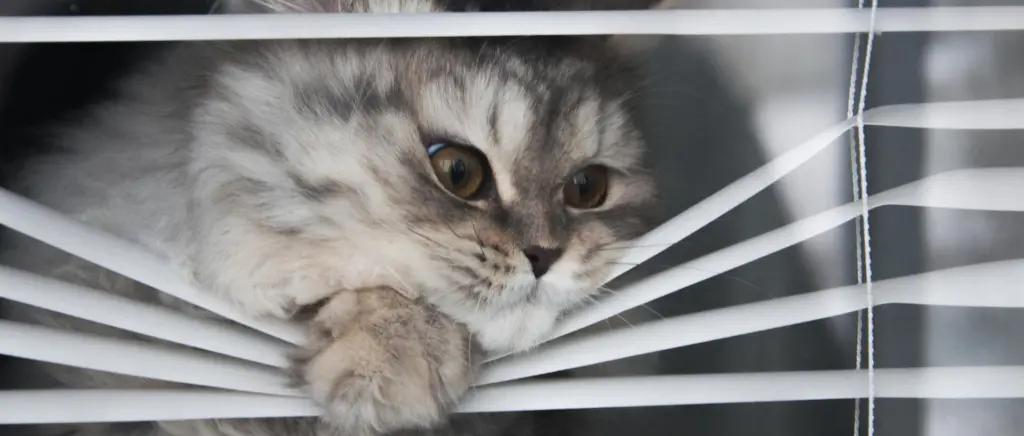Does your kitty’s behavior seem different now that she’s closer to adulthood? This could be a sign that she’s reached sexual maturity. At this point in your cat’s life, her hormones will shift and her reproductive instincts will kick in. You may notice some key signs that it’s time to get your cat fixed. Here are some behaviors indicating that your cat is being hormonal.
Vocalization
Unspayed cats display they’re in heat by getting noisy. You might hear her wailing or making loud groans and guttural mutterings at odd times of the day or night. A female cat’s hormonal cycle lasts between 7 and 10 days, during which time her vocalizations may get louder and more persistent. Unneutered cats can get quite loud, too, especially if an intact female cat comes around.
Aggression
One minute your cat is all lovey dove-y, the next her claws are out and she’s hissing. Sound familiar? A female cat’s hormonal cycle can cause her moods to swing dramatically. Don’t take it personally—these behaviors will likely stop after she’s been spayed and she’ll go back to her usual sweet self.
Male cats can also get aggressive, although it’s usually directed at other unneutered males. Unneutered cats tend to be more territorial and will fight one another in competition for a female in heat. For your cat’s safety (and the safety of other cats), it’s best to have him neutered.
Making a Break for It
Female cats will try to escape the comforts of home more often when they’re in heat. Trying to escape the house is an expression of your cat’s primal need to get outside and find a mate. Unneutered cats may try to bust out for similar reasons, especially if a female in heat is traipsing around the neighborhood. If you see your cat desperately trying to get outdoors, he or she may be on the hunt for a suitable partner.
Spraying
Spraying consists of placing concentrated urine in key locations. It’s a behavior more common in male cats. Their hormonal changes urge them to spray in order to mark their territory, welcoming females and setting boundaries for rival males. If your male cat is over 5 months old, prepare for spraying to become more frequent until he’s neutered.
Litter Box Problems
Cats can give out calling cards with more than just their urine. Their feces also contain special hormonal scent markers. So, you might notice your unneutered or unspayed cat leaving stinky surprises strategically around the house rather than in the litter box.
Talk to Your Vet About Getting Your Cat Fixed
If your cat has started displaying these behaviors, it’s time to have a chat with your vet about spaying or neutering. These procedures can help level out your cat’s hormones and take care of particularly pesky behaviors like spraying or pooping outside the litter box. Not to mention, you’ll be doing your part to help curb cat overpopulation.
Reaching sexual maturity also means that your cat is transitioning to adulthood. They’ll need a nutritional change from kitten food to cat food formulated for adults or all life stages. While you’re scheduling your cat’s spay or neuter appointment, talk to your vet about switching formulas and choosing a recipe your cat will love. Check out all the great Nutrish™ cat food recipes inspired by Rachael Ray’s kitchen!


